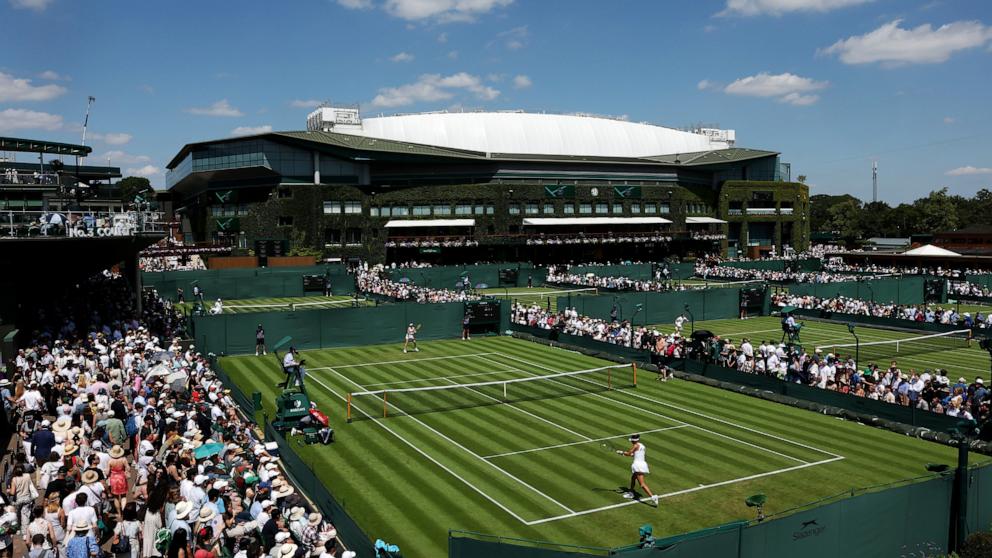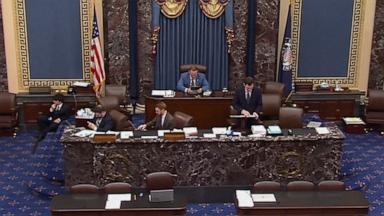Nepal in Turmoil: Protesters Defy Curfew as Government Backtracks on Social Media Blackout
(KATHMANDU) — Nepal's capital was gripped by tension on Tuesday as thousands of demonstrators flooded the streets, openly defying a government-imposed curfew to demand action on high-level corruption. The protests, some of the largest in recent years, present a significant challenge to the administration of Prime Minister Pushpa Kamal Dahal.
The unrest escalated sharply following the controversial arrest of two prominent public figures on graft charges. Public outrage has been fueled by perceptions of selective justice and the government's failure to prosecute other high-profile cases.
In a move that drew immediate condemnation from digital rights groups and foreign embassies, the government initially responded to the organizing efforts by imposing a sweeping ban on major social media platforms, including Facebook, WhatsApp, and Instagram. The Ministry of Communications stated the ban was a necessary step to "prevent the spread of misinformation and maintain public order."
However, facing intense pressure and the evident ineffectiveness of the blackout—with many citizens using VPNs to bypass it—the government reversed course just hours later. The sudden lifting of the ban did little to quell the anger on the streets, where protests continued into the evening.
"First they try to silence us, then they think lifting the ban will make us go home. They are mistaken," said one protester, who declined to be named for fear of reprisal. "Our demand is not for internet freedom today, but for accountability forever. The curfew and the ban only show how desperate they are."
The scene in Kathmandu was marked by a heavy security presence. Clashes were reported in several areas where police used tear gas and water cannons to disperse crowds that had gathered in violation of the curfew order. Despite these measures, the protesters, chanting slogans against corruption and demanding the government's resignation, remained largely undeterred.
International observers have expressed concern. The United Nations Human Rights Office and several Western embassies issued statements urging all parties to exercise restraint, respect the right to peaceful assembly, and uphold fundamental digital freedoms.
Analysts suggest the government's clumsy handling of the crisis, particularly the social media ban, has inadvertently amplified the protesters' message and galvanized broader support. The rapid reversal is seen as a sign of weakness and poor planning.
The core of the protesters' grievances lies in a deep-seated frustration with systemic corruption that they believe stifles Nepal's economy and development. The arrest of the two figures is viewed not as a sign of a functioning judiciary, but as a political witch hunt, while other allegedly corrupt officials operate with impunity.
As night fell, the standoff continued. The government has yet to issue a formal statement addressing the protesters' central demands, signaling that Nepal's political crisis is likely to extend well beyond the events of this single day.









